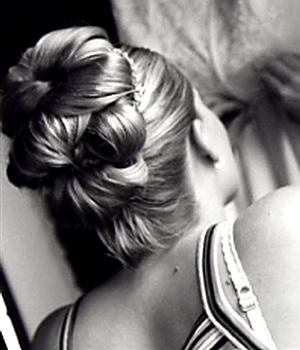
What did you do this Saturday night? My highlight was a firedrill (i.e. Chinese Firedrill) at a stop sign involving all of us changing seats. Around my sleepy bedroom suburbia we often see cheerleaders doing this on sporting event nights and sometimes the football players are in the car behind and then it's pandemonium. But Grown people like us, you don't see that everyday. I can go into the details which precipitated these adventure, but rest assured we were all sober
Chinese Firedrill. Get at least 2 people in a car (the more the better) when the light turns red everyone get out and run around the car and yell "fire, fire!" Then get back in the car but switch drivers. Then drive off when the light turns green and act like nothing happened. (Called Chinese Fire Drill because China is so crowded that there is no place to run in a fire. So you have to get back in.)
Wikipedia's definition:
A Chinese fire drill is a prank that was popular in the United States during the 1960s. It is performed when a car is stopped at a red traffic light, at which point all of the car's occupants get out, run around the car, and return to their own (or go to other) seats. Chinese Fire Drills are sometimes executed when one needs to get something from the trunk of a car. Occasionally, if one of the participants is late to get inside the car, the others might drive off without him/her. People have reported its use as early as the 1940s, so it is likely that the phrase was current at the time, but simply was not written down that early.
The term is also used as a figure of speech to mean any large, ineffective, and chaotic exercise. In this usage, it is often shortened to just "fire drill," omitting the offensive insinuation that Chinese people are more likely to engage in such disordered activity.
NOTE:
The phrase Chinese Fire Drill, in the sense of "a state of utter confusion," first appeared during World War II. Chinese here comes from British military tradition of using the word to mean clumsy, inept, or inferior. It is likely that this was not intended as a slur on the Chinese people, but rather a play on the phrase "one wing low" which referred to a clumsy pilot and was thought to sound Chinese. Regardless of its origin, it is currently considered offensive






No comments:
Post a Comment